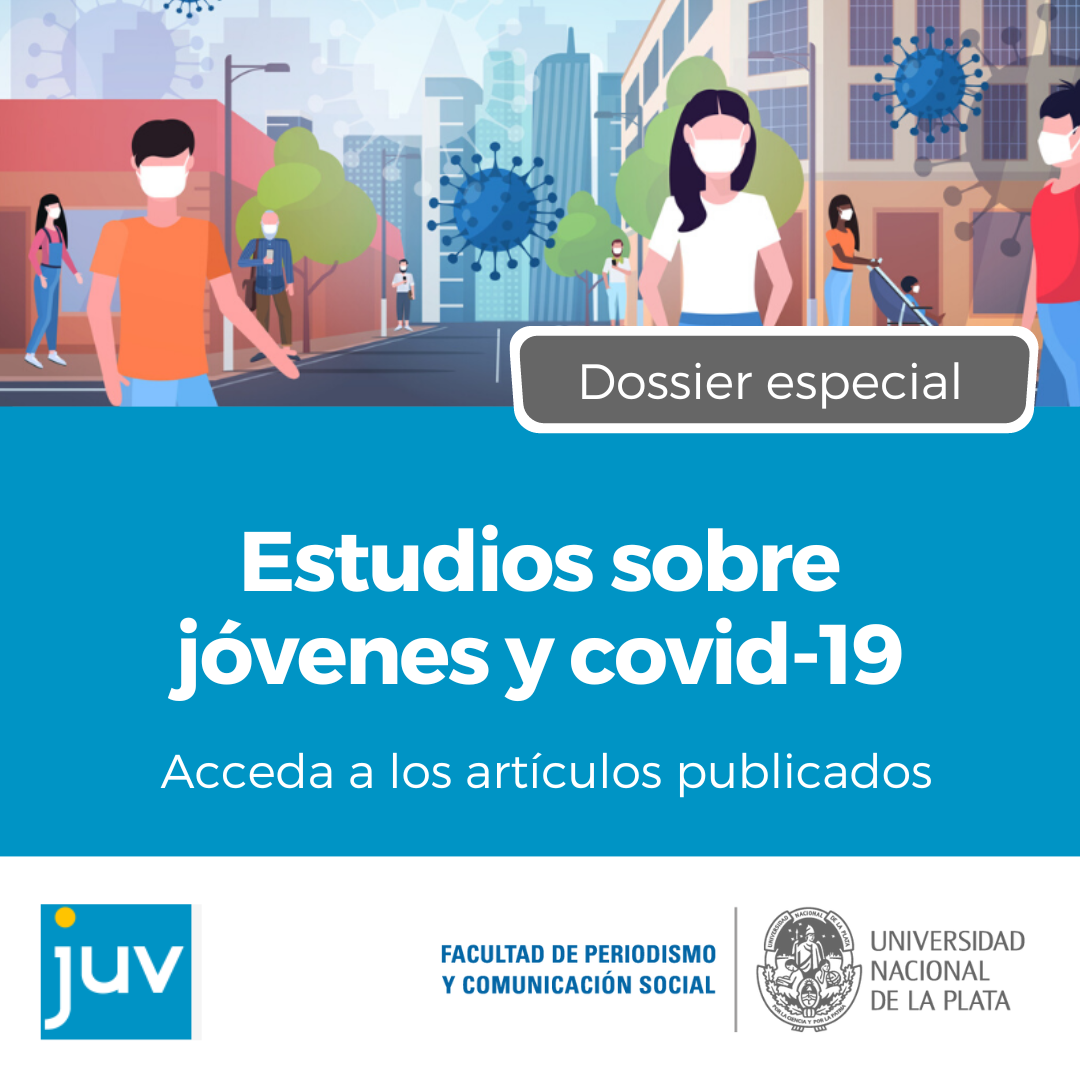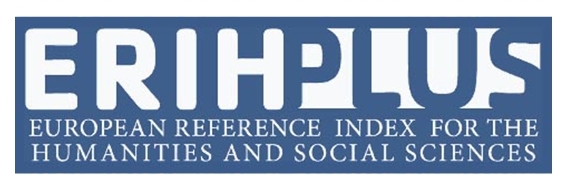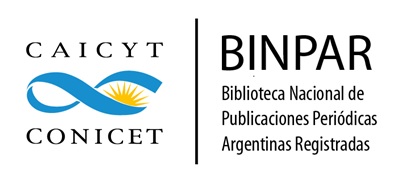Young People and Political Content on Social Networks
Comparative Study in Two Educational Institutions of Colombia
DOI:
https://doi.org/10.24215/18524907e077Keywords:
political content, youth, technological platforms, social networksAbstract
The article investigates the political content that young people from two educational institutions located in the East of Antioquia-Colombia share on social networks and what their interactions are like. It is based on the hypothesis that social networks have become scenarios of social and political democratization. However, the results show that although young people use social networks often, they do not do so frequently to share political content, many share without clearly identifying that it is political content, and the content shared is about topics related to social leaders, environment, gender struggle and corruption.
Downloads
Metrics
References
Althusser, L. (1969). Lennin and Philosophy and Other Essays. Monthly, Review Press.
Barrios F. G. (1996). Las referencias ideológicas del movimiento bolivariano revolucionario - 200 y la crisis venezolana. Mundo Nuevo, 1/2, 27-62.
Brönstrup, C., Godoi, E. y Ribeiro, A. (2007). Comunicación, lenguaje y comunicación organizacional. Signo y Pensamiento, XXVI(51), 26-37. https://www.redalyc.org/articulo.oa?id=86005104
Castells, M. (1996). La era de la información. Vol. 1: La sociedad red. Alianza.
Castells, M. (1999). An introduction to the Information Age. En H. Mackay y T. O´Sullivan. (Eds.), The media reader: continuity and transformation (pp. 398-410). Sage Publication.
Castells, M. (2009). Comunicación y poder. Alianza.
Celaya, J. (2008). La Empresa en la WEB 2.0. Planeta.
Duarte, E. (2003). Por uma epistemologia da comunicação. In M. I. V. Lopes (Org.), Epistemologia da comunicaçâo (pp. 41-54). Loyola.
Entman, R. (2004). Projections of power. Framing news, public opinion, and U.S. foreign policy. University of Chicago Press.
Feenstra, R. A. y Casero, R. A. (2014). Democracy in the Digital Communication Environment: A Typology Proposal of Political Monitoring Processes. International Journal of Communication, 8, 2448-2468. https://ijoc.org/index.php/ijoc/article/view/2815
Gerbner, G., Gross, L. y Morgan, M. (1996) [1986]. Crecer con la televisión: perspectiva de aculturación. En J. Bryant y D. Zillmann (Comps.), Los efectos de los medios de comunicación. Investigaciones y teorías (pp. 17-48). Paidós.
González-Bailón, S. (2009). Redes y mecanismos de interdependencia. Desarrollos teóricos más allá de los modelos de acción racional. Revista Internacional de Sociología, 67(3), 537-558. https://doi.org/10.3989/ris.2008.01.14
Gramsci, A. (1975). Cartas desde la cárcel. Cuadernos para el diálogo.
Hix, S. y Whiting, M. (2012). Introduction to Political Science. University of London.
Hutt Herrera, H. (2012). Las redes sociales: una nueva herramienta de difusión. Revista Reflexiones, 91(2), 121-128. https://revistas.ucr.ac.cr/index.php/reflexiones/article/view/1513
Keane, J. (2009). The Life and Death of Democracy. Simon and Schuster.
Kinder, D. R. (2003). Communication and Politics in the Age of Information. En D. O. Sears, L. Huddy y R. Jervis (Eds.), Oxford Handbook of Political Psychology. Oxford University Press.
Lakoff, G. (2008). The Political Mind: Why You Can't Understand 21st-Century American Politics with an 18th-Century Brain. Viking.
Lefort, C. (1986). The Political Forms of Modern Society. Poliry Press.
Marcuse, H. (1964). One-Dimensional Man: studies in the ideology of advanced industrial society. Beacon Press
McCombs, M. E. y Shaw, D. L. (1972). The Agenda-Setting Function of the Mass Media. Public Opinion Quarterly, 36, 176-187. https://www.jstor.org/stable/2747787
Monsiváis, A. (2017). La desafección representativa en América Latina. Andamios.
Mouffe, Ch. (2009). Entorno a lo político. Fondo de Cultura Económica.
Núñez, E. (2000). Aproximación al léxico del lenguaje político español. (Tesis de Doctorado). Universidad de Málaga, España. https://riuma.uma.es/xmlui/handle/10630/2734
Orihuela, J. L. (2008). Internet, la hora de las redes sociales. Revista Nueva Revista, 119, 55-64. https://hdl.handle.net/10171/2962
Pazos, M., Pérez, A. y Salinas, J. (septiembre 2001). Comunidades virtuales: de las listas de discusión a las comunidades de aprendizaje. [Conference] Edutec'01. V Congreso Internacional de Tecnología, Educación y Desarrollo Sostenible. España.
Peters, G. (1999). Institutional Theory in Political Science: The “New Institutionalism”. Printer.
Porter, G. S. (1989). Audience-Responce Criticism and Studies of Popular Television. Actas Reunión de la “Popular Culture Association” (p. 4).
Reyes, O. y Rivera Pagola, J. R. (2018). Construcción de ciudadanía: la educación desde la infancia encaminada a la inclusión social. Tla-Melaua, 44, 52-71. http://dx.doi.org/10.32399/rtla.12.44.587
Rivas, L. J. A. y Calderón, J. A. (2004). Aventuras y desventuras del populismo latinoamericano. Revista de estudios políticos, 124, 229-244. http://dialnet.unirioja.es/servlet/oaiart?codigo=968202
Rodríguez, A. (2016). Retos de la comunicación política 2.0 en una sociedad que envejece. Revista Mediterránea de Comunicación, 7(1), 197-209. https://doi.org/10.14198/MEDCOM2016.7.1.11
Sartori, G. (2001). Homovidens. La sociedad teledirigida. Taurus.
Shirky, C. (2011). The Political Power of Social Media. Foreign affairs, 90(1), 28-41. http://www.cc.gatech.edu/~beki/cs4001/Shirky.pdf
Soria, G. A (2013). Las redes sociales y la política: un vínculo en construcción. Universidad de Belgrano, Argentina. http://repositorio.ub.edu.ar/handle/123456789/5066
Sung-Tae, K. y Young-Hwan, L. (2007). New Functions of Internet Mediated Agenda-Setting: Agenda-Rippling and Reversed AgendaSetting. Korea journalism review, 1(2), 3-29.
Valera Ordaz, L. (2016). El sesgo mediocéntrico del framing en España: una revisión crítica de la aplicación de la teoría del encuadre en los estudios de comunicación. Zer, 21(41), 13-31. https://doi.org/10.1387/zer.17259
Zaller, J. (1992). The Nature and Origins of Mass Opinion. Cambridge University Press.
Additional Files
Published
How to Cite
Issue
Section
License
Copyright (c) 2023 Milany Andrea Gómez Betancur, Carolina Rincón Zapata, Yesid Salazar Vallejo, Edwin Mejía Martínez

This work is licensed under a Creative Commons Attribution-NonCommercial-ShareAlike 4.0 International License.
The acceptance of an original by the journal implies the non-exclusive transfer of the patrimonial rights of the authors in favor of the publisher, who allows the reuse, after its edition (postprint), under a Creative Commons License Attribution-NonCommercial-ShareAlike 4.0 International.
According to these terms, the material can be shared (copy and redistribute in any medium or format) and adapted (remix, transform and create another work from the material), provided that a) the authorship and the original source of their publication (magazine and URL of the work) are cited, b) is not used for commercial purposes and c) the same terms of the license are maintained.
The assignment of non-exclusive rights implies that after postprint in Revista Argentina de Estudios de Juventud authors may publish their work in any language, media and format; in that case, it is requested that they signal that the material was originally published by this journal.
Assignment also entails the authors’ authorization for the work to be collected by SEDICI, the institutional repository of the Universidad Nacional de La Plata, and for it to be indexed in the databases that the publisher thinks appropriate for enhancing the visibility of the published work and its authors.
In addition, the journal encourages authors to submit their works to other institutional and thematic repositories after their publication in Revista Argentina de Estudios de Juventud, under the assumption that offering society unrestricted access to scientific and academic production contributes to a greater exchange in global knowledge.













.png)

























